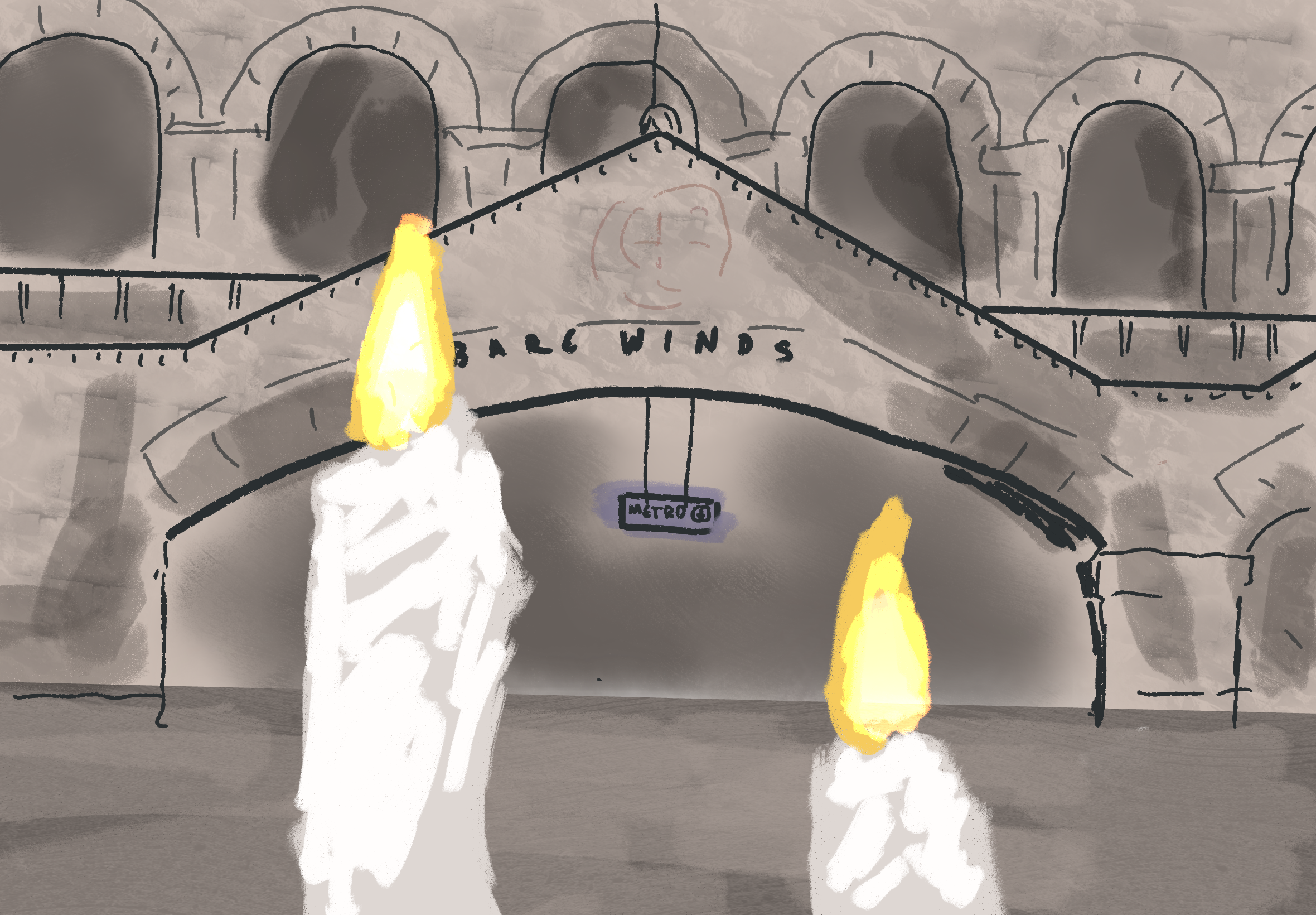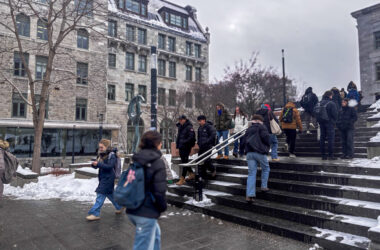There are many ways in which students can participate in student government. Short of being elected to SSMU Council or another faculty association, however, the most direct way to engage in campus politics is through the General Assembly, where students can have a say in how SSMU operates.
“SSMU’s General Assemblies can propose, amend, rescind, or uphold any policy of the Society,” the description on the SSMU website reads. “General Assemblies have, essentially, the powers of Council, with the exception of a few powers that are, legally, reserved for a council or board of directors.”
With such power, however, come concerns over just how representative the forum is. The General Assembly, plagued with systemic issues regarding its actual representation of the student body, is often the subject of criticism and debate. This criticism manifested itself most recently last January, when then SSMU president Zach Newburgh led a controversial movement to abolish the GA entirely. This year’s attempt at reform takes a more nuanced approach, seeking to address specific issues within the Assembly rather than doing away with it entirely.
The SSMU executive, led by President Maggie Knight, is overseeing an initiative to solicit feedback from students in the form of an online survey and a series of Town Halls, to be held this week.
“Proposing to abolish the GA is one way of generating feedback but, at least in my experience … it meant that it became a very polarized and reactionary discussion,” Knight said. “What we’re trying to do this year is break it down into some of the key choices of how we’re moving forward.”
SSMU’s survey questions highlight aspects of the Assembly that the executive believe need improvement. This includes particular concerns over quorum, the GA’s accessibility, and the distortion effects of participatory democracy. Currently, for motions to pass, voters must reach a quorum of 100 students from at least four different faculties. Critics of the GA question how democratic this benchmark renders decision-making, considering SSMU is composed of roughly 21,000 members.
Furthermore, the GA is only open to as many students as can fit inside the allocated space for the Assembly. In the case of contentious motions, democracy is effectively enacted on a first-come-first-served basis. In this vein, there are concerns that smaller forums like the GA are distorted by special interest groups of the student body. Students who care enough to propose, debate, and vote on motions may not be representative of the 20,900-odd others who then have to abide by the adopted motions. Finally, there have been concerns that the Assembly’s accessibility is limited to those who are already active within SSMU; short of even authoring a well-written motion, the rules of decorum and procedure—governed by Robert’s Rules—are foreign to most students and even take a while for councillors to master.
The survey addresses some of these issues by offering tentative solutions, and seems to serve as a prompt for in-depth discussion at this week’s Town Halls. Among other things, it discusses the option of raising or lowering quorum, allowing students to introduce motions from the floor of the GA, and revising or doing away with Robert’s Rules.
“I think in the past, consultation that’s been done on the GA has been very broad and general,” Knight said in an interview. “We wanted to get specific feedback on specific issues, like voting mechanisms and whether or not you can introduce motions from the floor.”
If the survey has been any indication, students seem to be very interested in GA reform and are actively engaged in reform discussion. The survey’s latest numbers, taken Thursday evening, showed that 63 per cent of students who responded to the survey had never been to a General Assembly before.
“[This] indicates that … there are people who aren’t the people who go to the GA all the time [who] are still interested in the GA, its structure, and what it could be,” Knight said.
Students wishing to contribute to the GA reform discussion can fill out SSMU’s survey, available on the Society’s Facebook page, and can also attend this week’s Town Hall meetings. The Town Halls will be held Wednesday, Nov. 2 from 3:00 to 4:30 p.m. and Thursday, Nov. 3 from 10:30 a.m. to 12:30 p.m. in the Lev Bukhman room, on the second floor of Shatner.








